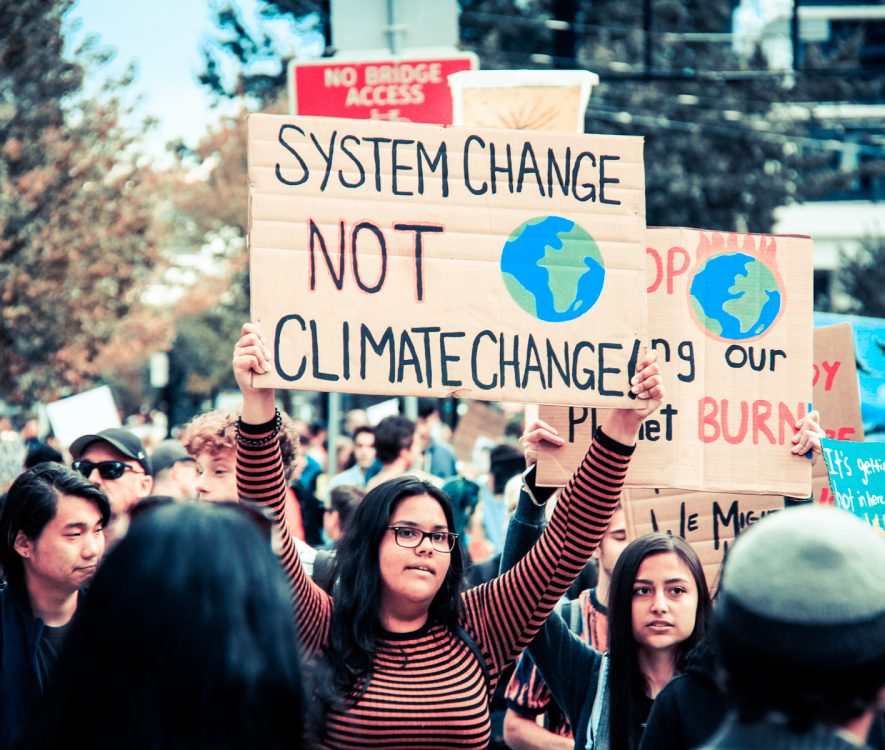
Live Art in a Pandemic: The Federal Government’s Responsibility to Theatre
For as long as we have existed, humans have created theatre. There is no universal definition, but the word “theatre” comes from the Greek verb “theasthai,” meaning to behold. It’s a place where an audience comes together to watch a live performance. This storytelling tool has been present in every country and culture throughout history. […]

Context Collapse: The Fluidity of Memes and Evolution of Social Commentary
Pro-Democracy demonstrators in Hong Kong wear masks depicting Pepe the Frog. By reflecting and shaping social sentiment, memes have come to symbolize localized social movements, subcultural associations, and political alignments. These recognizable images convey varying sentiment depending on context and—through constantly evolving channels or new media—can be harnessed to heavily influence social and political structures. […]
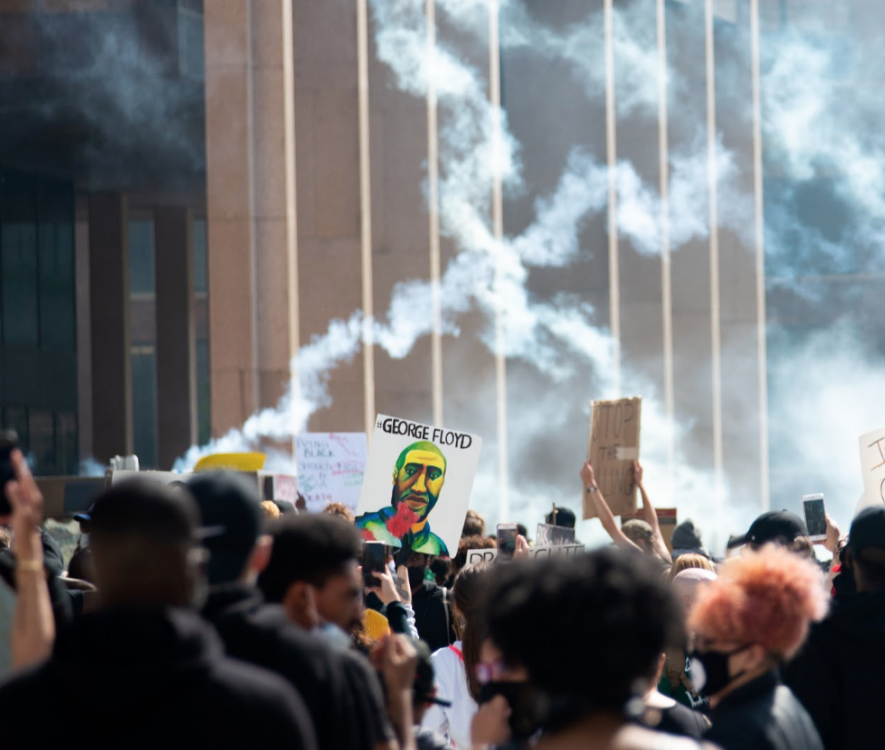
In The Fight to Defund, Social Media is the Mobilizer
Photo by Sydney Kornegay On May 25, 2020, Minneapolis police officers brutally murdered George Floyd, sparking mass outrage and protests across the United States and around the world. These demonstrations are not just about Floyd; they’re about all of the victims who have died due to the systemic racism that built this nation. The history […]
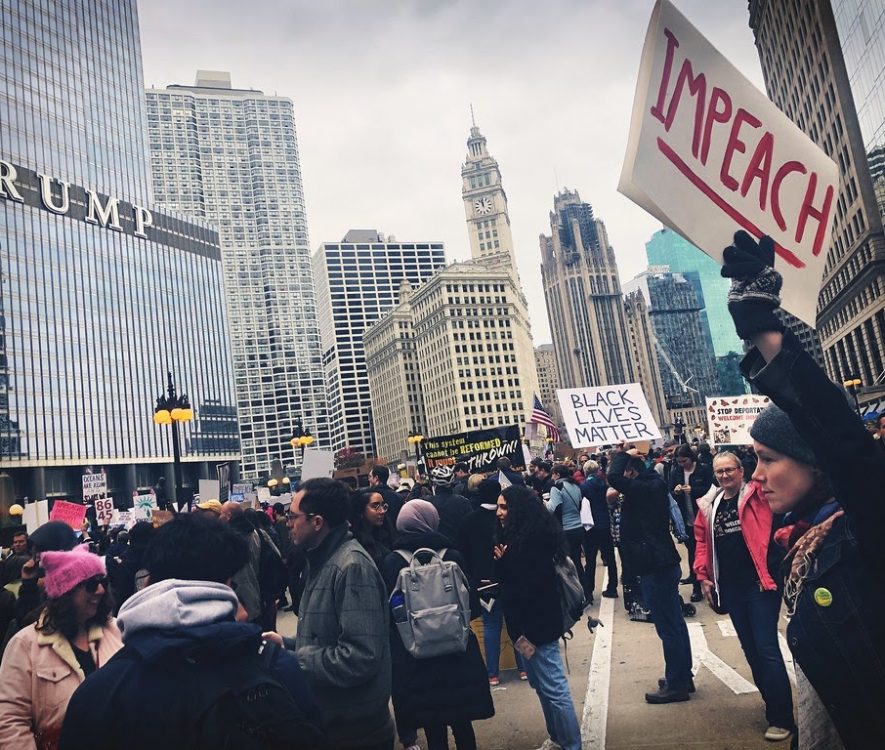
Bill Who? The Republican Primaries’ Significance in the 2020 Election
Despite President Trump’s approval rating sitting at 44 percent as of March 20, 56 percent of Americans—including 65 percent of independents and 93 percent of Democrats—disapprove of his administration. Even the number of Republicans supporting the president has fallen by two percent since January, when the president’s approval rating peaked at 49 percent. Yet toppling […]

How to Save Millions of Lives
If history and science have taught us anything, it’s a simple lesson: vaccines work. They’ve saved countless lives and allowed millions of children to grow up without fear of debilitating diseases. Because of vaccines, we’ve nearly eradicated several diseases that once posed significant danger to the public. In 1916, polio killed about six thousand people […]
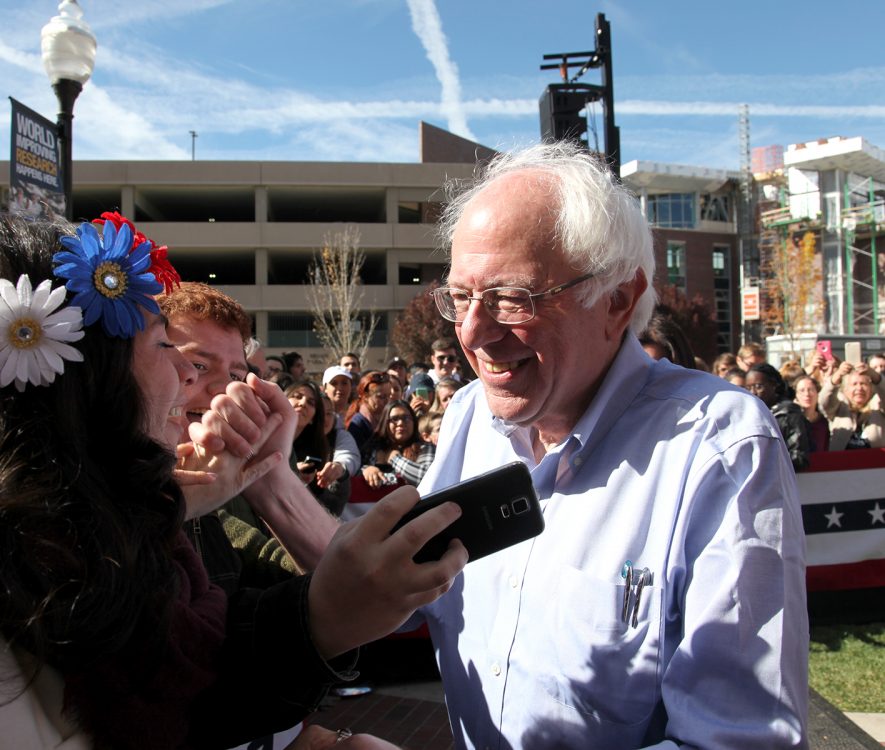
“OK Boomer” is the Pepe of 2020. Here’s Why.
The ubiquity of the term “OK Boomer” comes at a time of heightened generational contempt within the Democratic electorate of the United States. Similar to Pepe the Frog’s influence on the 2016 elections, the phrase may impact outcomes in 2020 and have real implications for social and political structure. Pepe the Frog demonstrated the influence […]

The Egypt–Ethiopian Nile Conflict: A Dam(n) Shame
In 2019, Ethiopian Prime Minister Abiy Ahmed won the Nobel Peace Prize. Now, he might lead Ethiopia to war with Egypt over a dam. The conflict started in 2009, when Ethiopia announced that it would construct the Grand Ethiopian Renaissance Dam (GERD) on the Blue Nile, without prior consultation with Egypt or Sudan. The Blue […]
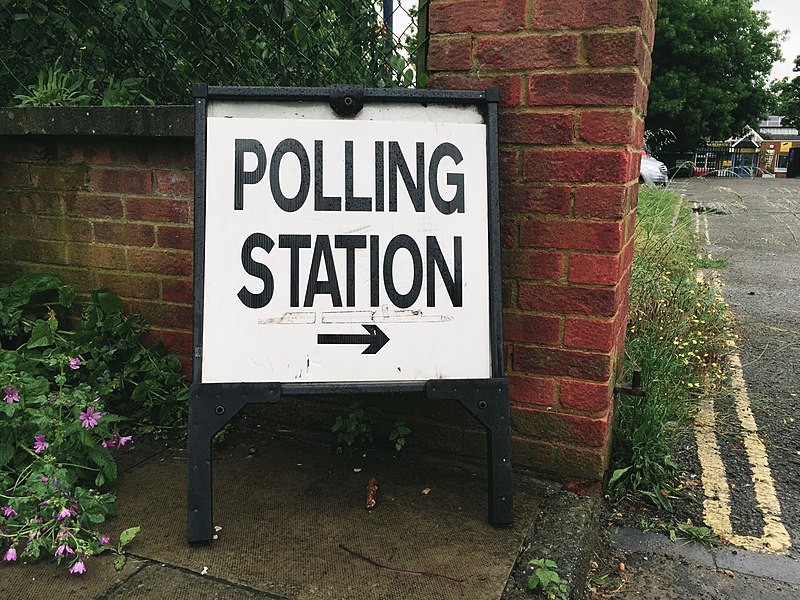
A Lot on the Line: Students, Brexit, and the Upcoming General Election
Undergraduate students in the United Kingdom (UK) went to the polls in full force during the 2016 Brexit referendum. While there were initial concerns about youth turnout due to confusion over registering to vote by postal/proxy, 87 percent of eligible university students voted in the referendum, 15 percent higher than the general population’s turnout. Further, […]


